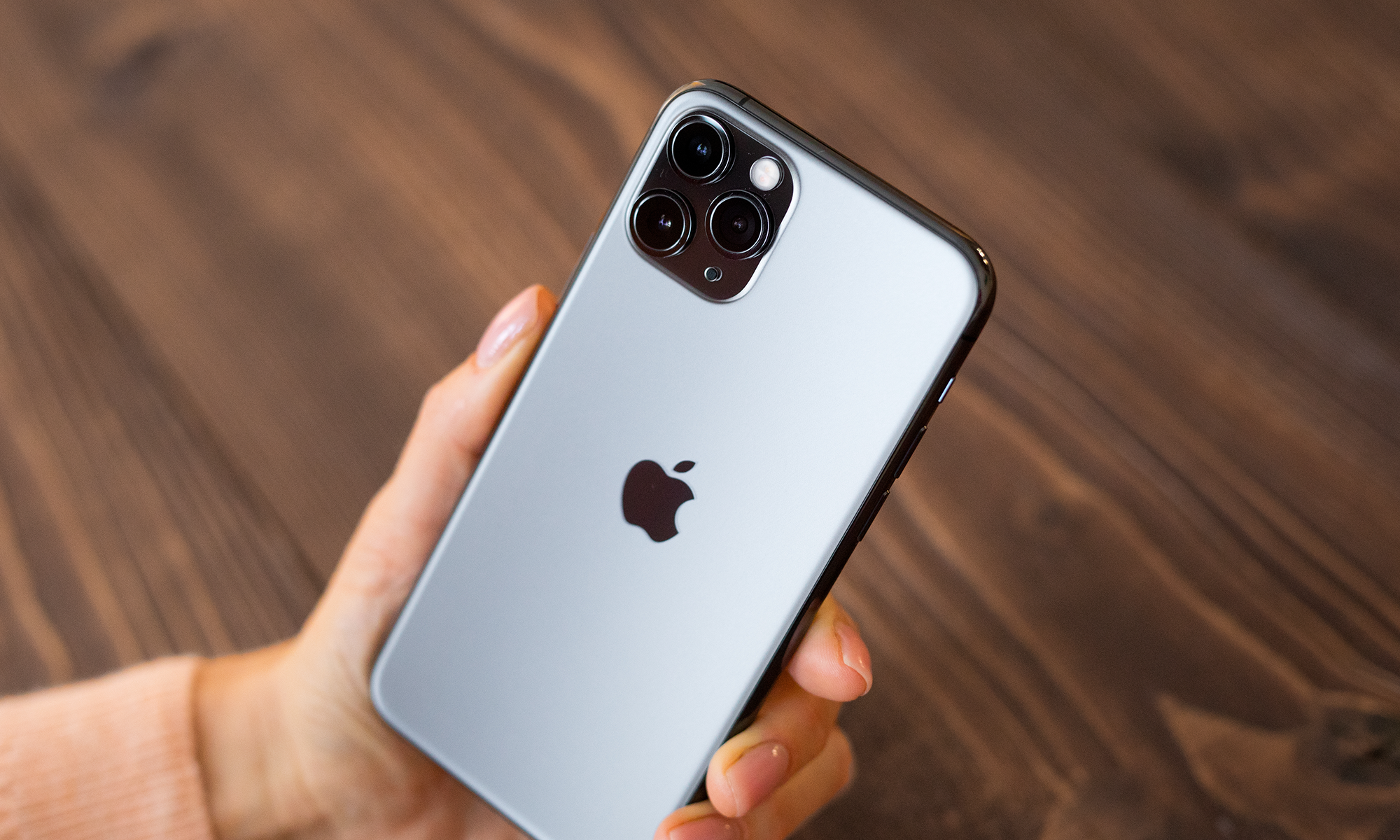Although Apple's (AAPL +0.47%) management has consistently argued that its 4-inch iPhone offers the "best" screen, it's increasingly obvious that when it comes to the display, size matters.
Phablets -- oversized smartphones popularized by Samsung (NASDAQOTH: SSNLF) -- have finally gone mainstream. According to IDC, more than one out of every five smartphones shipped in the third quarter sported a screen five-inches or larger. The vast majority of these handsets run Google's (GOOG 0.07%) Android operating system. While various rumors have indicated that Apple has its own phablet in the works, if the company continues to ignore this increasingly important market segment, it will be at a huge disadvantage.
A "useless" phone
Not to pick on BGR's Jonathan Geller, but his early thoughts on Samsung's original Galaxy Note perfectly embody the skepticism that surrounded the phablet form factor in its early days. Geller, after playing with Samsung's first phablet, wrote:
[Samsung's Galaxy Note] is too big. You will look stupid talking on it, people will laugh at you, and you'll be unhappy if you buy it... You can't use it one-handed, and I can't even type on it easily with two hands... the Galaxy Note feels like a joke.
Some of Geller's observations may be accurate. Certainly, for many consumers (particularly those with smaller hands) Samsung's Galaxy Notes may be difficult to operate. But despite any potential limitations, Samsung has found success with its Notes -- back in September, Samsung said it had sold 40 million Galaxy Notes, not including sales of the recently released Galaxy Note III.
The key to emerging markets
But Samsung's Galaxy Notes are premium devices; even with a contract, the Galaxy Note III costs $299, unsubsidized it's nearly $900. Competing phablets like HTC's One Max and Sony's Xperia Z Ultra also run Google's Android and are equally as expensive.
The phablet's true appeal, however, may lie at the low end. Demand for phablets has exploded in recent months, particularly in emerging markets. In fact, back in September, IDC reported that in Asia (excluding Japan), phablets were outselling both PCs and tablets combined. Intuitively, this makes sense: If you're on a strict budget and cannot afford to purchase multiple computing devices, a phablet offers the best bang for the buck.
Many of these devices are made by Chinese OEMs like Huawei, but virtually all of them run some version of Google's Android operating system. With Apple staying out of the phablet game and Nokia and BlackBerry only recently entering the market, phablet buyers have little choice beyond Google's mobile operating system.
Is an Apple phablet coming in 2014?
Apple's management has promised new products in 2014, one of which could be an iPhone with a larger display. Rumors of a forthcoming Apple phablet have been out there for months, and on Monday, Bloomberg added to the speculation by saying that Apple is preparing to launch a 5.5-inch iPhone in 2014.
Given how big the market for phablets has become, Apple's management would do well to offer a phablet, if for nothing else than to play defense against Google's hardware partners. Still, given Apple's tendency to embrace premium pricing, its phablet might ultimately prove to be less successful than investors expect -- the phablet may be most important in emerging markets.







